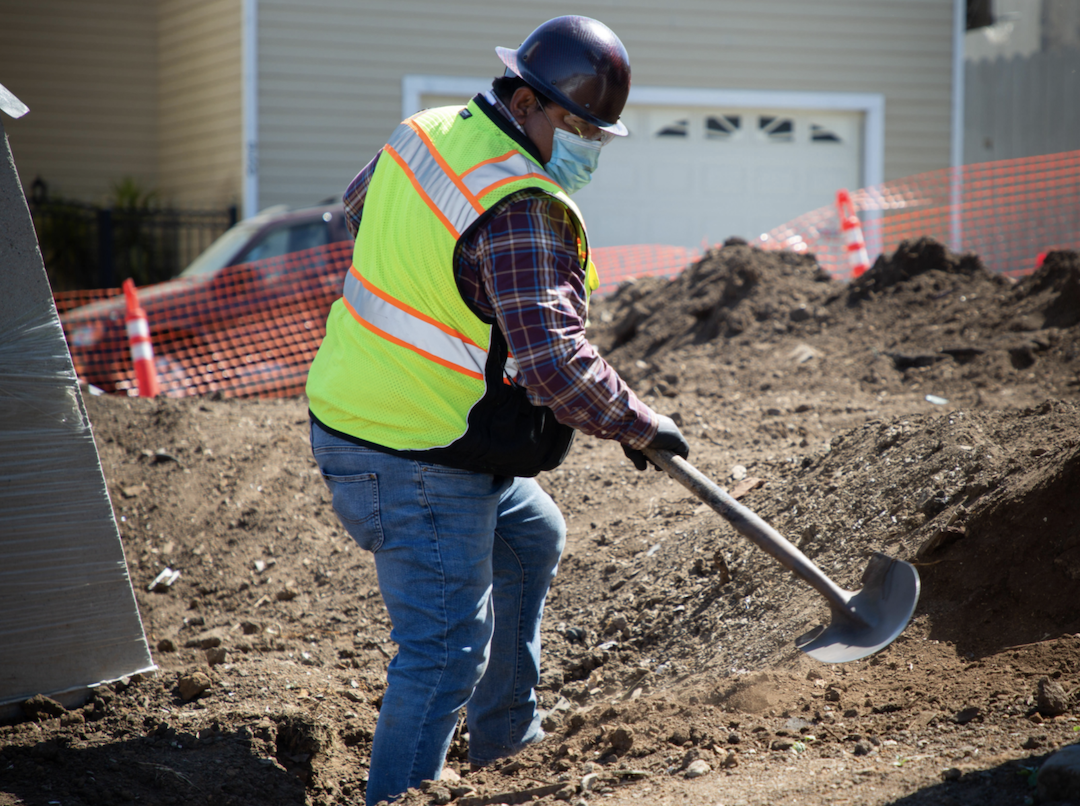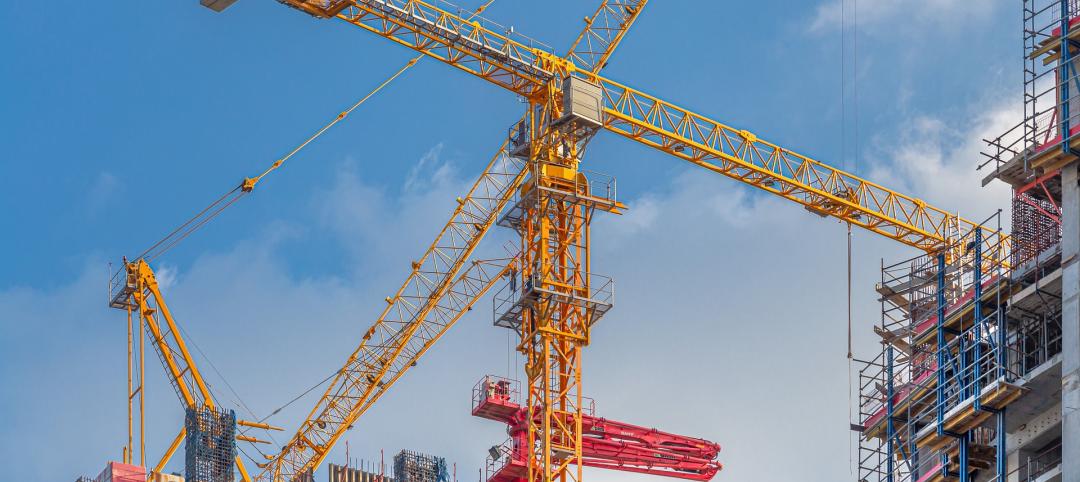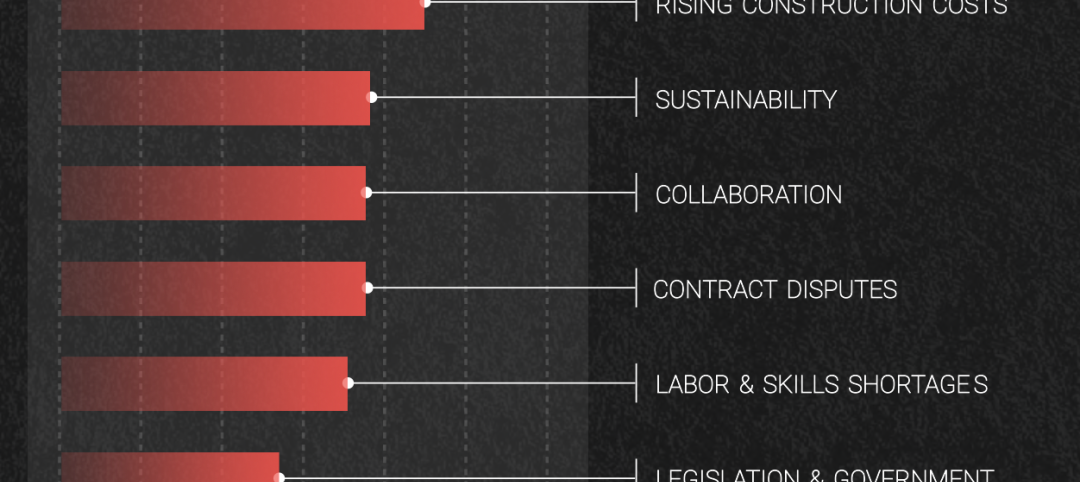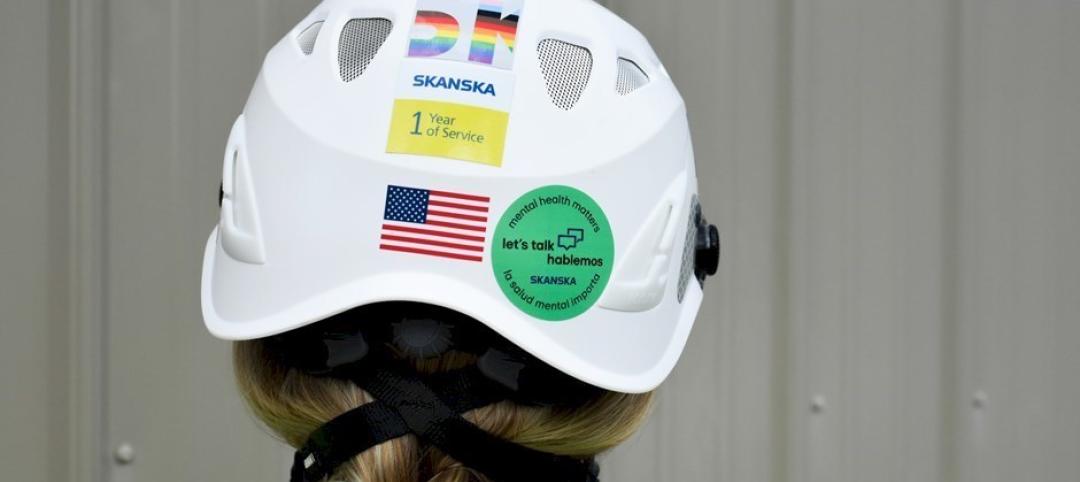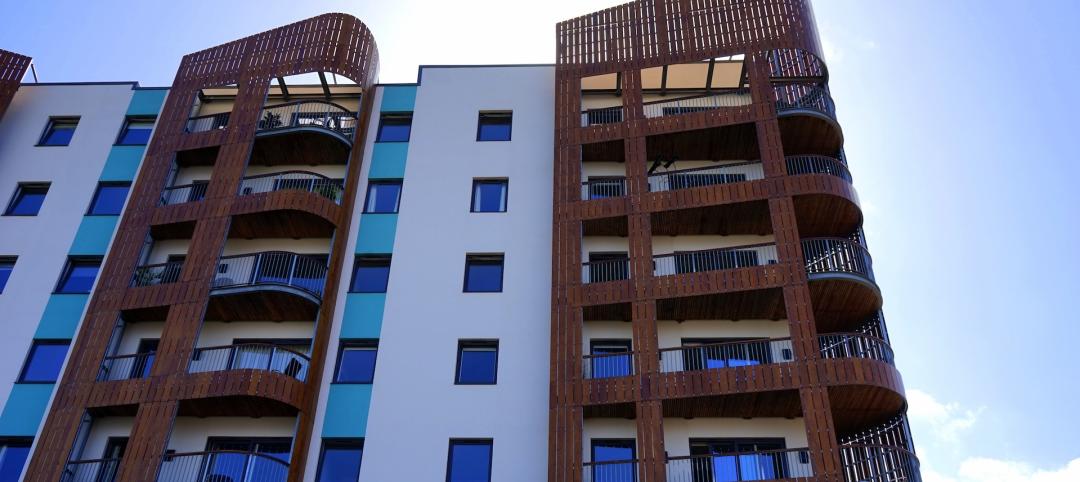Construction employment increased by 31,000 jobs between October and November as nonresidential construction firms added workers for the third month in a row, according to an analysis by the Associated General Contractors of America of government data released today. Association officials said construction firms were likely to have added even more jobs if they could find more qualified workers to hire with many firms reporting a growing number of unfilled positions.
“It is heartening to see steady job growth across all construction segments following a long period during which only residential contractors were adding employees,” said Ken Simonson, the association’s chief economist. “But record job openings show the industry needs still more workers as more types of nonresidential projects get started.”
Construction employment in November totaled 7,533,000, an increase of 31,000 since October and the highest seasonally adjusted figure since March 2020. However, industry employment still trails the pre-pandemic peak, set in February 2020, by 115,000 positions.
Nonresidential construction firms added 20,800 employees in November, following a pickup of 34,600 in October. The category comprises nonresidential building contractors, which added 5,900 employees; specialty trade contractors, with a gain of 6,800 workers; and heavy and civil engineering construction firms, with 8,100 more workers than in October, But nonresidential employment remains 209,000 below the February 2020 level, as the sector has recovered only 67% of the jobs lost in the first two months of the pandemic.
Residential construction added 10,300 employees in November. Residential building contractors such as homebuilders and general contractors that concentrate on multifamily construction, added 4,100 workers during the month, while residential specialty trade contractors added 6,200 employees. Residential employment in November exceeded the February 2020 mark by 95,000 positions.
Simonson noted that the number of job openings in the industry reached 333,000 in September, the latest month available. That amount is an all-time high for the month, he added.
Association officials said workforce shortages were likely to become more severe, citing the significant increase in federal infrastructure investments that will come now that the Bipartisan Infrastructure Bill has been enacted. They urged federal officials to boost investments in career and technical education programs that are needed to make more new workers aware of construction career opportunities.
“These new federal investments will create many new career opportunities in construction, now we need to make sure potential workers are aware of those opportunities and prepared to take advantage of them,” said Stephen E. Sandherr, the association’s chief executive officer.
View the construction employment table.
Related Stories
Market Data | Jul 5, 2023
Nonresidential construction spending decreased in May, its first drop in nearly a year
National nonresidential construction spending decreased 0.2% in May, according to an Associated Builders and Contractors analysis of data published today by the U.S. Census Bureau. On a seasonally adjusted annualized basis, nonresidential spending totaled $1.06 trillion.
Apartments | Jun 27, 2023
Average U.S. apartment rent reached all-time high in May, at $1,716
Multifamily rents continued to increase through the first half of 2023, despite challenges for the sector and continuing economic uncertainty. But job growth has remained robust and new households keep forming, creating apartment demand and ongoing rent growth. The average U.S. apartment rent reached an all-time high of $1,716 in May.
Industry Research | Jun 15, 2023
Exurbs and emerging suburbs having fastest population growth, says Cushman & Wakefield
Recently released county and metro-level population growth data by the U.S. Census Bureau shows that the fastest growing areas are found in exurbs and emerging suburbs.
Contractors | Jun 13, 2023
The average U.S. contractor has 8.9 months worth of construction work in the pipeline, as of May 2023
Associated Builders and Contractors reported that its Construction Backlog Indicator remained unchanged at 8.9 months in May, according to an ABC member survey conducted May 20 to June 7. The reading is 0.1 months lower than in May 2022. Backlog in the infrastructure category ticked up again and has now returned to May 2022 levels. On a regional basis, backlog increased in every region but the Northeast.
Industry Research | Jun 13, 2023
Two new surveys track how the construction industry, in the U.S. and globally, is navigating market disruption and volatility
The surveys, conducted by XYZ Reality and KPMG International, found greater willingness to embrace technology, workplace diversity, and ESG precepts.
| Jun 5, 2023
Communication is the key to AEC firms’ mental health programs and training
The core of recent awareness efforts—and their greatest challenge—is getting workers to come forward and share stories.
Contractors | May 24, 2023
The average U.S. contractor has 8.9 months worth of construction work in the pipeline, as of April 2023
Contractor backlogs climbed slightly in April, from a seven-month low the previous month, according to Associated Builders and Contractors.
Multifamily Housing | May 23, 2023
One out of three office buildings in largest U.S. cities are suitable for residential conversion
Roughly one in three office buildings in the largest U.S. cities are well suited to be converted to multifamily residential properties, according to a study by global real estate firm Avison Young. Some 6,206 buildings across 10 U.S. cities present viable opportunities for conversion to residential use.
Industry Research | May 22, 2023
2023 High Growth Study shares tips for finding success in uncertain times
Lee Frederiksen, Managing Partner, Hinge, reveals key takeaways from the firm's recent High Growth study.
Multifamily Housing | May 8, 2023
The average multifamily rent was $1,709 in April 2023, up for the second straight month
Despite economic headwinds, the multifamily housing market continues to demonstrate resilience, according to a new Yardi Matrix report.


